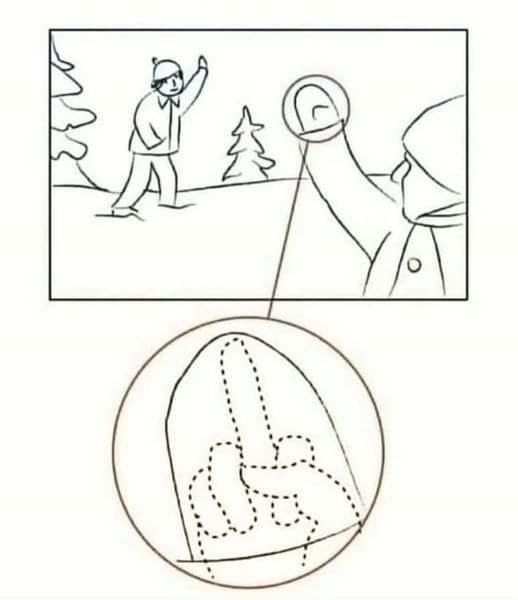
The human brain is a marvel. We stand alone in the animal world in terms of complexity of thought, due largely to our highly-developed frontal lobes. In terms of neurons, the building blocks of our brain? We have 100 billion of them. As a species, we’ve achieved extraordinary advances in science, technology, medicine, and communication. And yet…our brains are not perfect. They are subject to biases, faulty cognitive shortcuts, and outright errors in thinking. Understanding these can help us be more mindful and intentional in how we relate to others.
One of the most impactful theories that we learn in social psychology is called the Fundamental Attribution Error. It helps us explain how we make judgements about other people that may not be kind, helpful, or accurate.
Let’s face it, we are pretty good at giving ourselves the benefit of the doubt. A lot of us spend a lot of time in own bodies and minds, so we can recognize when we are feeling stressed, tired, angry, sad, tense, frustrated, or distracted. We understand how the situation dictates our behavior and can give ourselves a pass.
When it comes to other people, we have a much harder time doing this. None of us are mind-readers, nor are we responsible to be; but when other people act in ways that we find ambiguous, confusing, or upsetting, our first response may be to make sweeping generalizations about their personalities. In essence, we are judging them for behaviors that we, in another situation, might logically do.
Let me give you an example that hits hard in the Boston area, and it has to do with road rage.

Who among us hasn’t cut someone off in traffic? We found ourselves in a right-turn-only lane, and instead of following the flow of traffic, we save some time by cutting into another lane. We get honked at, flipped the bird, and may even risk a serious accident. It’s okay, we tell ourselves. We are new to this area and didn’t understand the traffic pattern! We are running late for an important meeting, and we can’t make the other person wait! We didn’t sleep well last night and are exhausted! Other people are just impatient! And through it all, we understand that we were just in a tough situation, but that we are still fundamentally good people.
Now, imagine that another person cut YOU off in traffic. What is our automatic thought response? That guy is an asshole! That woman is a terrible driver! That teen is a menace on the road! That older adult needs to have his license revoked! Studies have shown that this happens automatically – and as a consequence, we may act out in unkind ways. We don’t let them pass. We shout obscenities. Our thoughts might revert to other biases of sexism, racism, or ageism. We may end up blaming victims. And sometimes, the situation can escalate into violence.
What if we gave other people the benefit of the doubt as easily as we did ourselves? If we intentionally consider the other driver may ALSO be tired, stressed, or confused, we may behave more graciously. Instead of activating our sympathetic nervous systems with anger and outrage, we have compassion and empathy and can go about our days unfazed. We act with kindness instead of aggression.
This is the power of challenging our biases.
